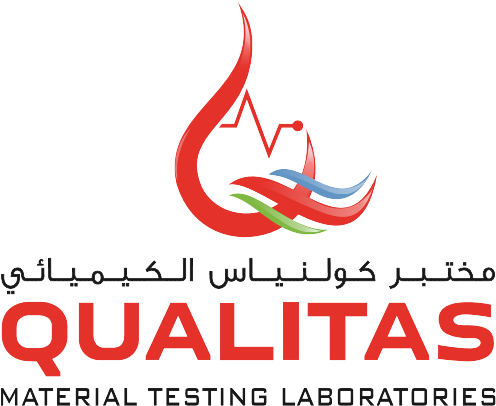Water is a fundamental resource for life, and it is the right of every human to get clean water. Routine microbiological testing of the water supply is a crucial part of ensuring the safety and quality of drinking water. Microbiological testing involves the analysis of water samples for the presence of harmful microorganisms, such as bacteria, viruses, and parasites, that can cause waterborne diseases.
This blog will explore the benefits of routine microbiological water supply testing and why having a Chiller water testing laboratory in UAE is important.
sludge testing laboratory in UAE :
One of the primary benefits of routine microbiological water supply testing is the early detection of potential waterborne pathogens. A sludge testing laboratory in UAE will show you that harmful microorganisms can enter water sources through various means, such as contaminated surface runoff, septic systems, agricultural runoff, or inadequately treated wastewater. Routine testing allows for the identification of these microorganisms before they pose a threat to public health. Early detection allows for timely intervention and mitigation measures to prevent the spread of waterborne diseases, protecting the health and well-being of communities.

chiller water testing laboratory in UAE
Another benefit of routine microbiological testing is verifying the effectiveness of water treatment processes. A chiller water testing laboratory in UAE uses various processes, such as disinfection, filtration, and chlorination, to remove or inactivate harmful microorganisms. Routine testing allows for monitoring these treatment processes to ensure they function effectively and meet Eiac Accredited Laboratory regulatory standards. If any issues are identified, corrective measures can be implemented promptly to prevent potential water supply contamination.
Routine microbiological testing :
Routine microbiological testing also helps in identifying potential sources of contamination in the water supply system. Water distribution systems can sometimes harbor microorganisms that contaminate the water during transportation or storage.
Routine testing can help pinpoint these sources of contamination, such as biofilms or cross-connections, allowing for appropriate remedial actions to be taken to prevent further contamination and maintain water quality.
Routine microbiological testing :
Moreover, routine microbiological testing plays a vital role in building public trust and confidence in the safety of drinking water. When water supply systems undergo regular testing and meet established regulatory standards, it reassures the public that their drinking water is safe for consumption. This promotes trust in the water supply system and helps to alleviate concerns about waterborne diseases or health risks associated with contaminated water. Trust in the water supply system is crucial for maintaining the health and well-being of communities and supporting economic and social development.
Furthermore, routine microbiological testing is a regulatory requirement in many countries and regions. Regulatory bodies, such as the Environmental Protection Agency (EPA) in the United States or the World Health Organization (WHO), set guidelines and standards for microbiological water supply testing to protect public health. Compliance with these regulations is mandatory for water treatment plants and water suppliers. Routine testing allows these entities to demonstrate compliance with regulatory standards and ensures that they are providing safe and quality drinking water to the public.
In conclusion, routine microbiological testing of the water supply is essential for ensuring the safety and quality of drinking water. It helps in the early detection of potential waterborne pathogens, verifies the effectiveness of water treatment processes, identifies potential sources of contamination, builds public trust, and ensures compliance with regulatory standards. Regular testing is crucial for protecting public health, preventing waterborne diseases, and maintaining the well-being of communities. Investing in routine microbiological testing of the water supply can ensure access to safe and clean drinking water for everyone, promoting a healthier and happier society.
